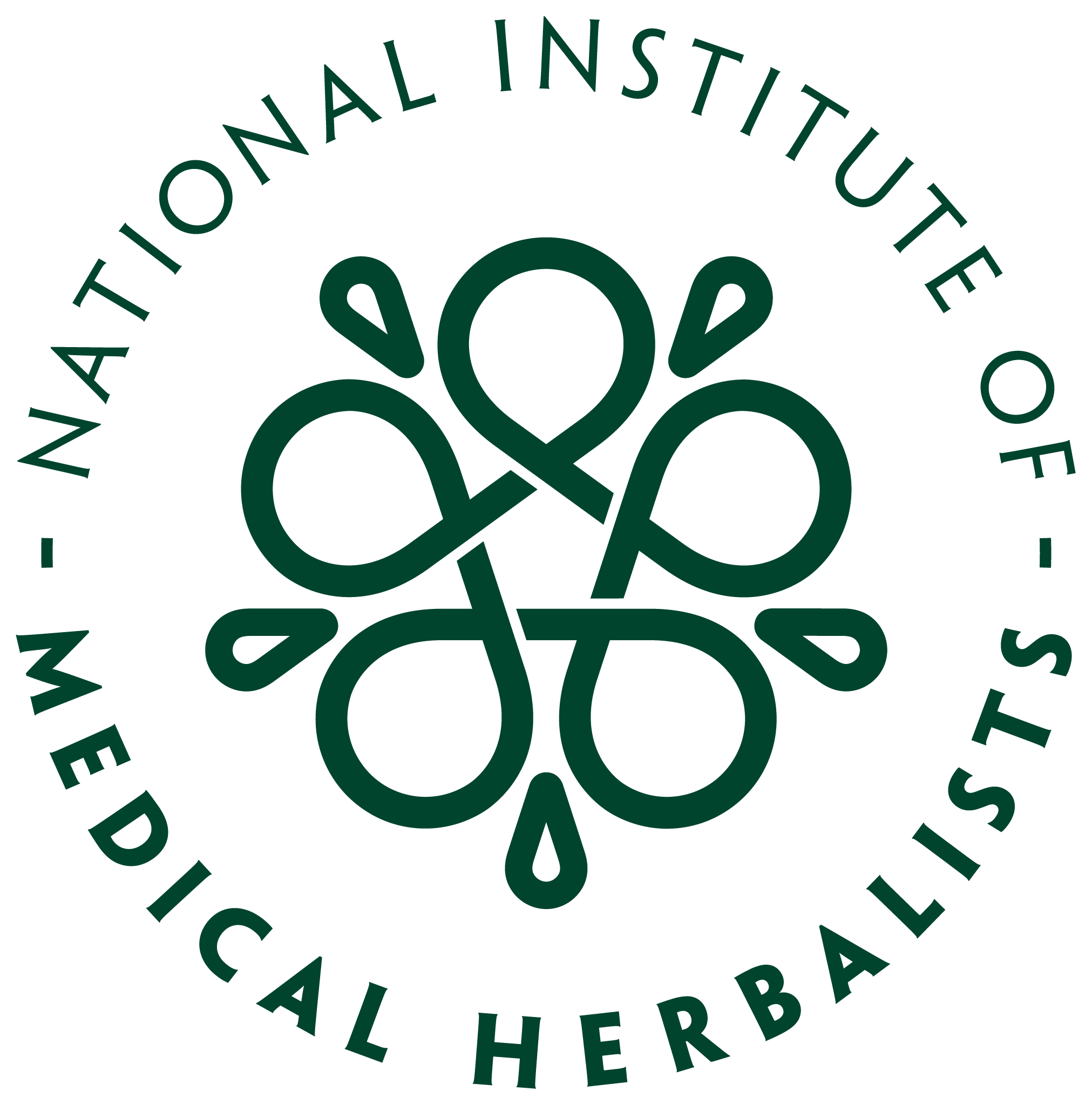
Armoracia rusticana
Brassicaceae
- Jekkapedia
- Details
- Growing
- Medicinal
- Available as
- How to grow herbs
- Sustainability
Armoracia rusticana, Horseradish
Family: Brassicaceae
Genus: Armoracia
• Hardiness: H6 (-15 to -20C)
• Type: Perennial
• Height: 90cm
• Spread: Indefinite
Horseradish is available to buy as herb plants.
• Soil type: Clay, Loam
• pH: Neutral - Acid pH
• Habit: Clump
• Flowering colour: White
• Flowering time: Early spring
• Uses: Culinary & Medicinal (Read Jekka's Guide To Culinary Herbs and Medicinal Herbs for more information)
• Attracts pollinators: No
• Container suitability: No
• UK native: Yes
• Caution: Do not use if your thyroid function is weak, or you are taking throxine.
• Propagation: Cuttings
• Maintenance: (See Jekka's Blogs on Early Spring, Late Spring, Summer and Autumn maintenance)
• Harvest: N/A
Horseradish has a long history of use as a diuretic, and is also seen as a potently warming herb with traditional uses in helping with feverish chills, encouraging a sluggish circulation, and relieving many muscle and joint problems.
Crushing fresh horseradish root triggers a chemical reaction producing a compound called allyl isothiocyanate, which is mainly responsible for its characteristic hot, pungent character and taste.
Traditional culinary use of horseradish with roast beef may support its proposed actions in helping digestion by stimulating the production of gastric juices and enhancing appetite.
It has also been used as an ingredient in remedies for upper respiratory conditions for decongesting and clearing excessive catarrh and assisting with cough.

Caution: Avoid in pregnancy and with thyroid problems. Use cautiously in gastric irritation and peptic ulceration. Prolonged skin contact may cause irritation and sometimes blistering.
Please note: The information provided here is for educational interest only and is not intended to be used to diagnose or treat significant health problems. Any serious or long-term health concerns should always be discussed with a healthcare professional.
See our blog for more information about the National Institute of Medical Herbalists
At Jekka’s we sell herbs in 1 Ltr and 2 Ltr pots. These are established and hardy herb plants that are grown following organic principals and to survive the UK climate. Please read Jekka's blog that contains her top steps to growing on your herbs.
There is also ‘Jekka’s Seasonal Tips’ series that covers growing and maintaining herbs in early spring, late spring, summer and autumn & winter. Together they form Jekka’s guide on how to grow herbs. For a hands-on herb experience, where you will learn how to grow herbs, check out our Master Classes.
Our herbs are designed to be grown in containers or planted in the garden. Although some herbs will be quite happy indoors, most prefer being outside. Please see our indoor growing blog for more information.
If you require pots or compost, we have developed Jekka's Herb Kits, which includes Jekka's "Grow On" Kit. These kits contain all you need to grow on your herbs.
If you think your herbs need a little more attention we always recommend an environmentally friendly solution, and these are Jekka's top three:
- Maxicrop liquid seaweed: 'Feed on Fridays' as Jekka always says for all round good plant health.
- SB Invigorator: a safe and effective insecticide and fungicide to help control a wide range of pest species
- Epsom salts: the horticultural equivalent of what you put in your bath that will top up the plant's magnesium and stop orange leaves.
Please note, the compost in Jekka's Kits will have enough natural food for approximately 6 weeks.
For more information on growing herbs plants please see Jekkapedia, Jekka's blog or our FAQs page.
Happy Herbs!
One of our three core roots is that we are Environmentally Conscious and for the past 30 years all the herbs grown at Jekka’s have been raised following sustainable, environmentally friendly and organic approaches resulting in a remarkable biodiversity at the herb farm.
Our herb seeds are also untreated and can be used to grow organic herb plants. Our seeds are hand packed into gassine bags, which are fully recyclable, compostable and biodegradable. These bags are then put into beautifully illustrated paper seed packets. Therefore, our environmental footprint is small.
Want to know more? You can read more about our sustainability approach to growing herbs in one of Jekka's Blogs. See also:
- Organic and sustainable approach to growing herb plants
- Jekka's guide to being a sustainable herb gardener
- Jekka's guide to cimate change
- Jekka's top 8 tips for becoming a sustainable gardener
- Jekka's blog on organic gardening and soil health
- Jekka’s guide to increasing biodiversity and rewilding your garden
Next


